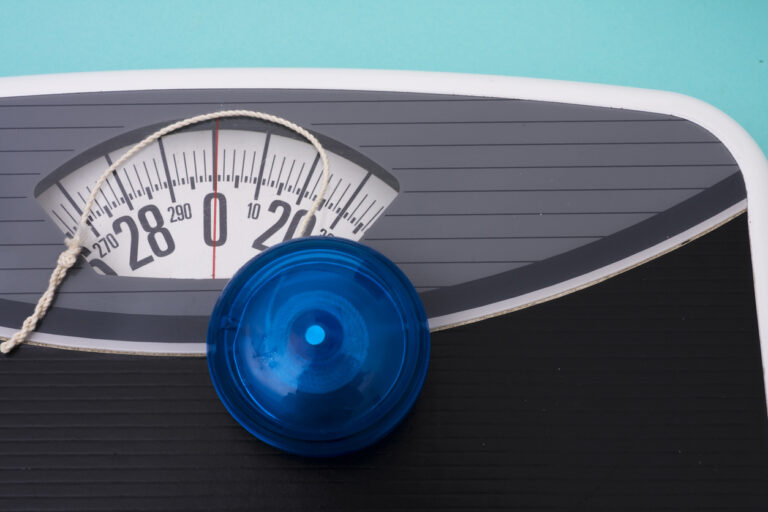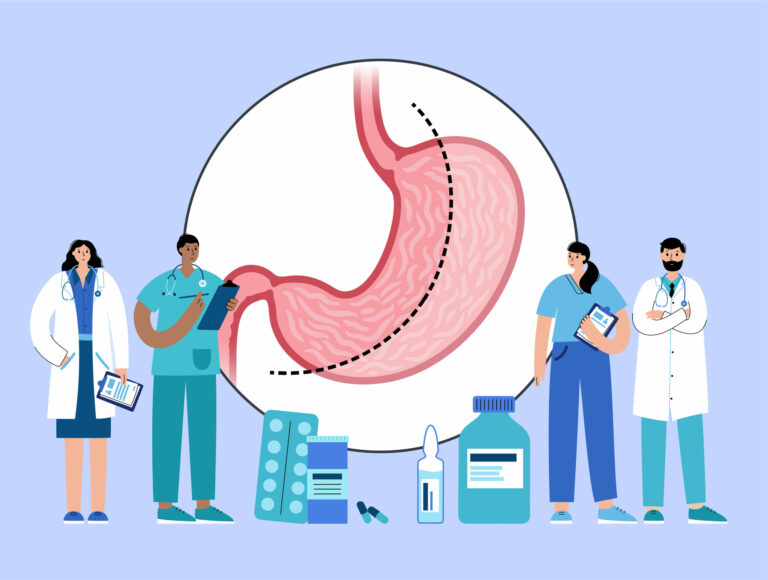Diet Soda May Be Hurting Your Diet More Than Helping
Many people mistakenly believe that sodas sold as diet varieties are healthier than their traditional counterparts. The truth is that diet sodas do nothing to improve a person’s diet, and there is nothing healthful about them. Some studies indicate that diet soda can make it harder for the drinker to lose weight, even though most diet soda companies feature ads touting their products’ “healthful” benefits.
Why Are Diet Sodas Dangerous?
Diet sodas replace the sugar found in non-diet soda with aspartame, saccharin, NutraSweet, or other artificial sweeteners. These substances may not carry the same calorie count as typical sugar, but they are far from a healthy alternative. Researchers have linked excessive consumption of these substances with various medical ailments, including type 2 diabetes, hypertension, cardiovascular disease, metabolic syndrome, and weight gain. Artificial sweeteners also interfere with the body’s natural gut flora, the bacteria present in the digestive tract responsible for breaking down foods.
Much of the research conducted concerning artificial sweeteners and their effects hinges on biological markers present in research subjects. Researchers study genetic markers to determine what effects long-term artificial sweetener consumption could have on an individual. Some people experience disruption to their typical metabolic rhythms while others are more susceptible to health risks, but there is still no constant that seems to affect everyone who consumes these drinks.
The Problem With Nutritional Research
One noticeable trend among many of the studies conducted on the health effects of artificial sweeteners is that these drinks can produce weight gain without excess food intake. Artificial sweeteners alter the body’s metabolic processes and make it more difficult for a person to process certain foods. While these studies seem to indicate that artificial sweeteners pose significant health risks, there is a heavily entrenched conflict of interest plaguing many nutritional research studies.
The food and beverage industry funds most of the nutritional research in the United States, and this makes it difficult for some researchers to release findings out of fear of losing funding. Some studies have proposed reverse causality, stating that diet drinks with artificial sweeteners do not cause weight gain, but overweight individuals choose diet sodas in an attempt to lose weight. Some studies have involved individuals who were actively trying to lose weight, while others simply selected random test subjects. These inconsistencies make it difficult for researchers on both sides of the artificial sweetener debate to agree on any common trends in these studies.
Until more robust and conclusive studies happen, it’s wise for Americans to be discerning in their food and beverage choices. Do not assume that a soda labeled “diet” is good for you, or even a better alternative to typical sodas. Ultimately, any sweetener can have negative effects on personal health.
For more information about the effects of excess weight on health and what you can do about it, contact Malladi Bariatrics and Advanced Surgery.







